China has lodged a solemn representation to the U.S. concerning the plan of the regional leader of the Taiwan island to travel to Central America and transit through the U.S. The Chinese Foreign Ministry said on Tuesday that China firmly opposes to any form of official interaction between the U.S. and the island as Tsai reportedly plans to meet U.S. House Speaker Kevin McCarthy during her transit.
"We firmly oppose any form of official interaction between the U.S. and Taiwan island, rejecting the regional leader using any excuse to visit the U.S. and firmly opposing the U.S. violation of the one-China principle by having any form of contact with the Taiwan authorities," Wang Wenbin, spokesperson of the Chinese Foreign Ministry, told a routine press conference on Tuesday.
The regional leader Tsai Ing-wen plans to transit through New York and Los Angeles as part of a trip to Central America later this month, and sources have told Reuters that U.S. House Speaker McCarthy intends to meet her during the California leg of her visit.
Tsai will travel to Guatemala and Belize, leaving Taipei on March 29 and returning on April 7, local media reported on Tuesday.
Earlier this year, there were some reports hyping the possible visit of McCarthy to the island, which is seen as a serious provocation that would lead to a firm response from the Chinese side, given the visit of his predecessor Nancy Pelosi to the island in August 2022 caused escalated tensions in the Taiwan Straits, including live-fire exercises around the island.
However, some reports suggested in March that Tsai planned to meet McCarthy in the U.S., rather than McCarthy making a provocative visit to the island.
On Tuesday, Tsai's office did not give any comment about a possible meeting between Tsai and the U.S. House speaker in the U.S.
Some Chinese experts believe that the U.S. side may think that "a meeting during transit" is a lower level of provocation compared with a visit to the island.
But it won't change the fact that some U.S. politicians are continuing to use a "salami-slicing" strategy on the Taiwan question with ulterior motives to pressure the Biden administration, Diao Daming, an associate professor at the Renmin University of China in Beijing, told the Global Times on Tuesday. He noted that such a motive of using the island to contain China will be very harmful for China-U.S. relations.
Transiting through the U.S. is not the true intention of her trip, but rather to make a breakthrough for "Taiwan independence" secessionist activities, Wang said. We urge the U.S. side to abide by the one-China principle and the three communiqués between the China and the U.S. and implement the commitment made by the U.S. leader on not supporting the "Taiwan independence" secessionists, the spokesperson said.
The U.S. should end any form of official contact between the U.S. and Taiwan island and stop upgrading the U.S.-Taiwan relations by blurring and hollowing out the one-China principle, Wang noted.
The DPP authorities in the island should stop fantasizing colluding with the external forces as there is no pathway to "Taiwan independence," which is an attempt doomed to fail, Wang said.
Officials in Washington also emphasized that the possible transit visit is "nothing new" and the Chinese side should not overreact, according to media reports. Such rhetoric is seen by Chinese experts as an excuse to make another mistake.
"The U.S. is making the excuse of hollowing out the one-China principle and hyping China's response," Sun Chenghao, a research fellow from the Center for International Security and Strategy at Tsinghua University, told the Global Times on Tuesday.
The U.S. emphasized that it won't seek a new cold war with China, but on the Taiwan question, it has been adopting such a "salami-slicing" strategy and acting in the opposite way, which is especially dangerous when bilateral relations are still at a low point, Sun said.










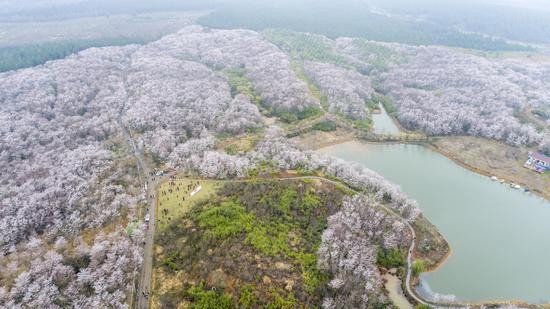



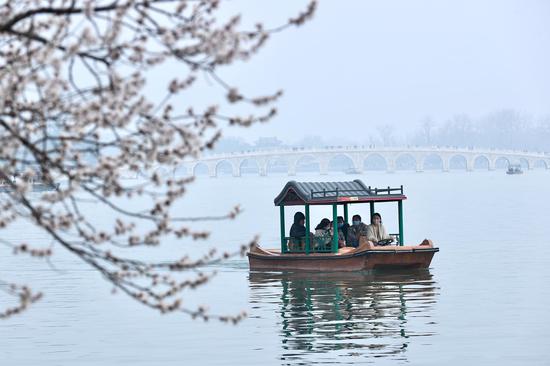



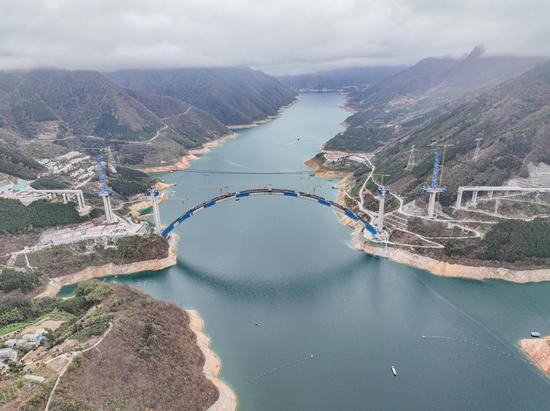



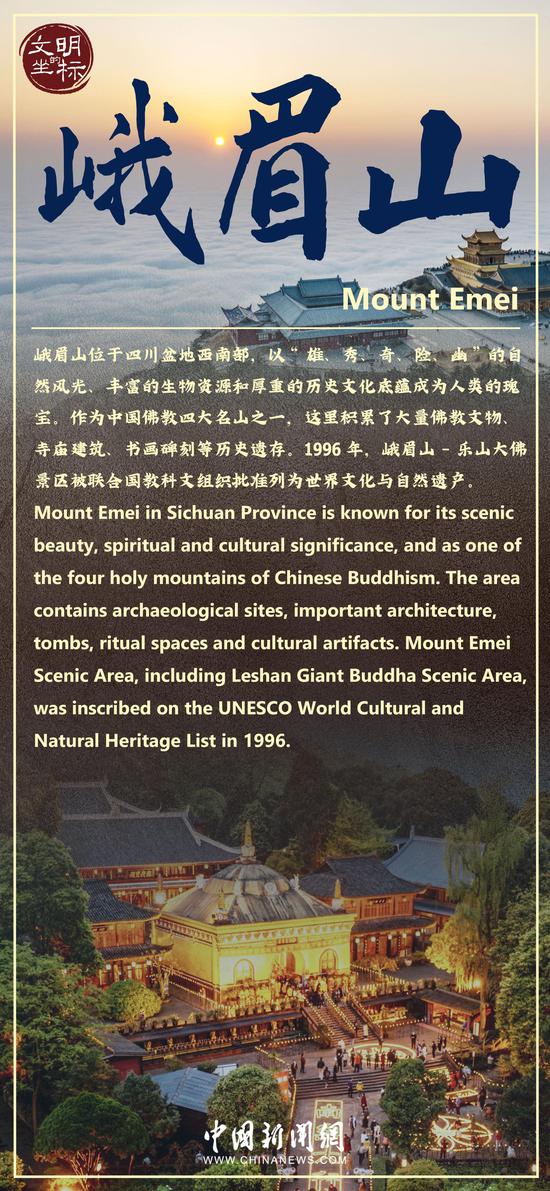



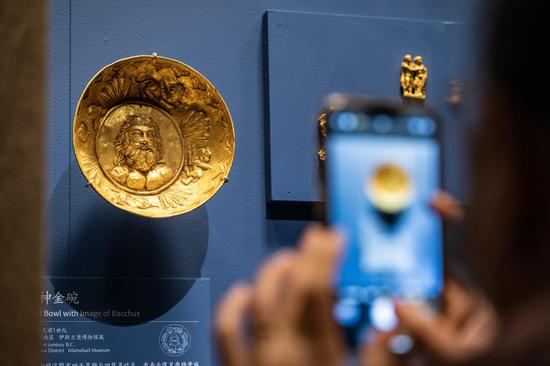
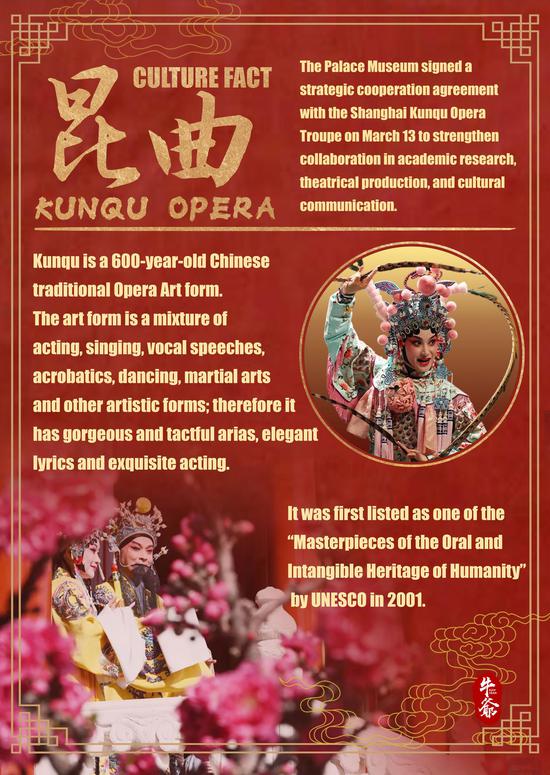
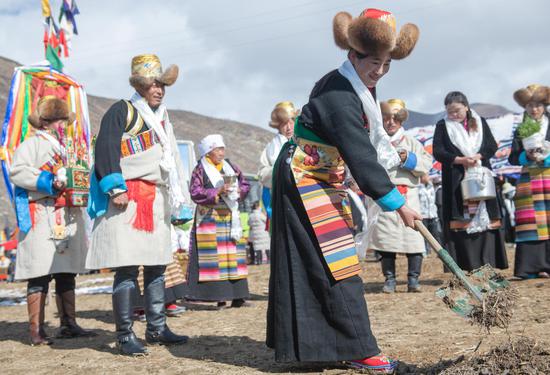
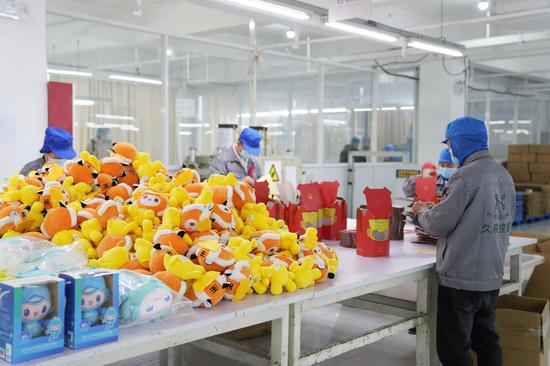
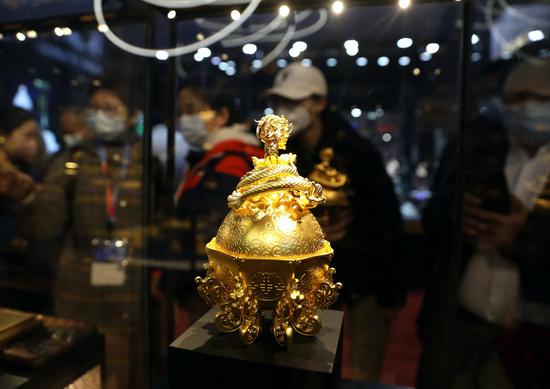
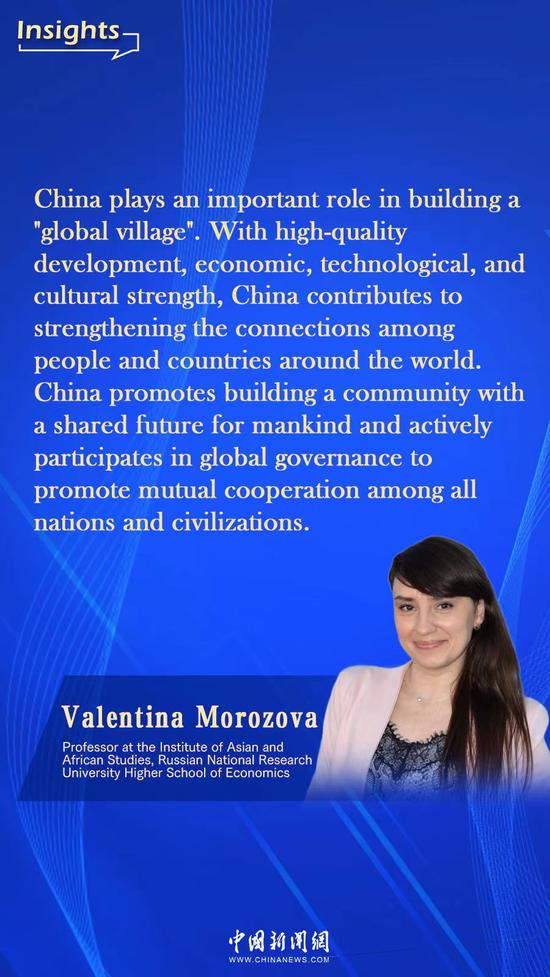
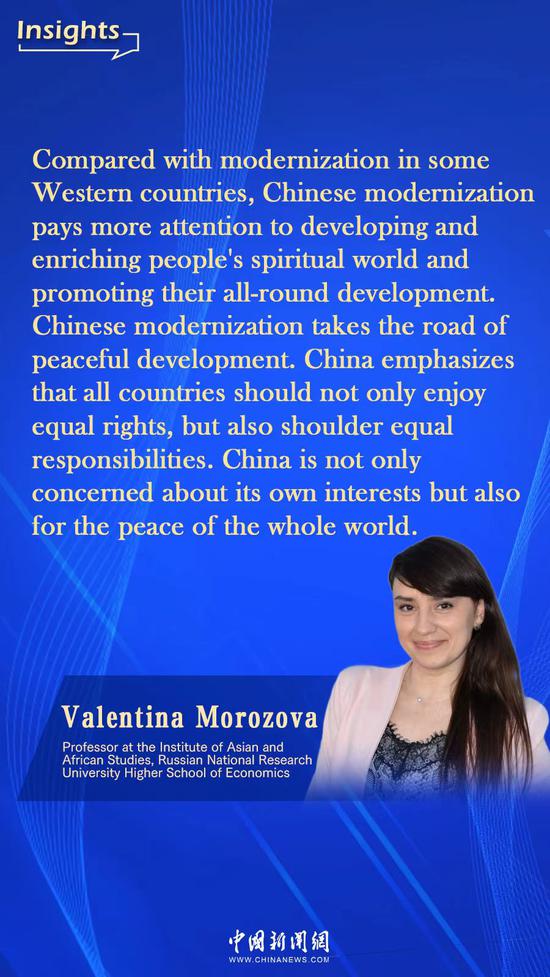
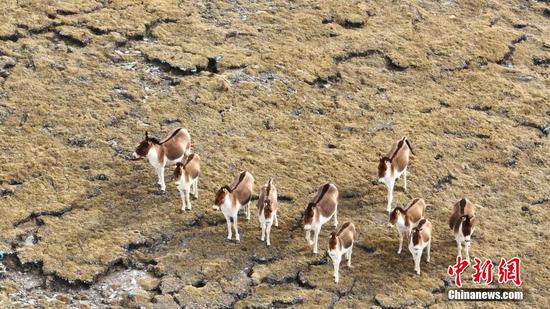
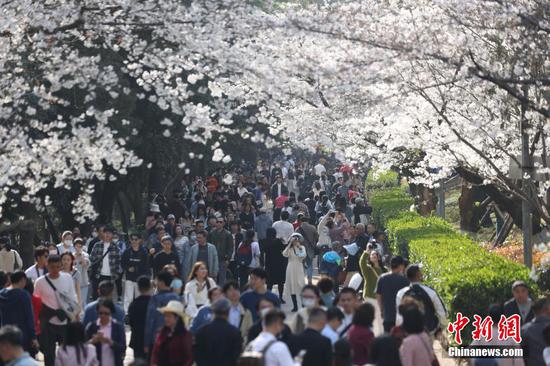
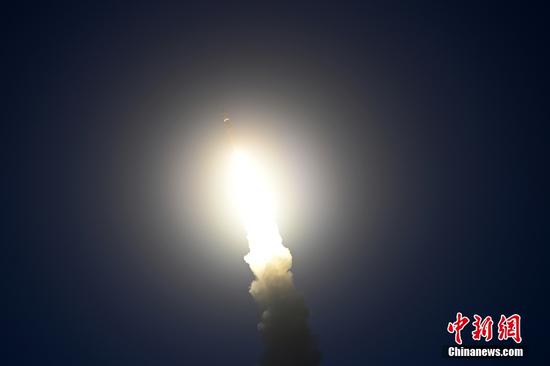
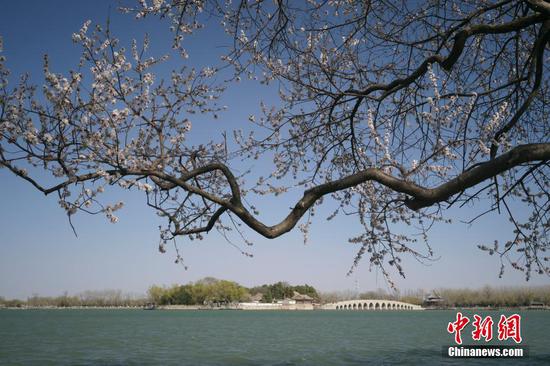

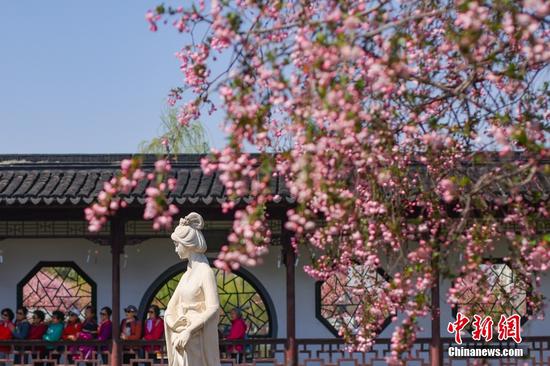

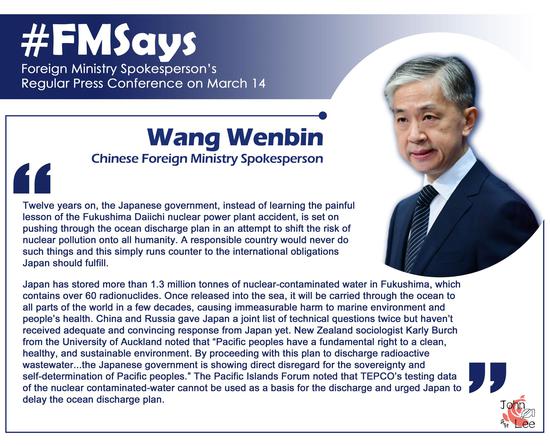
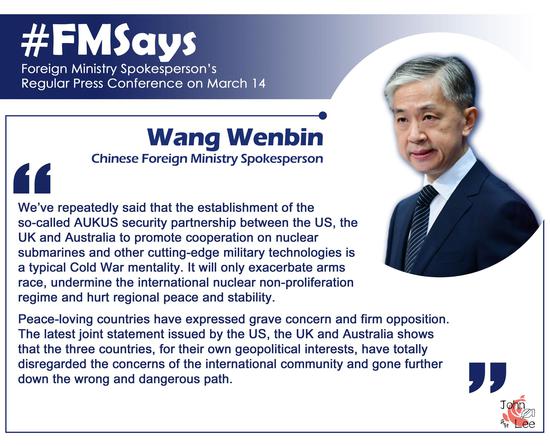








 京公网安备 11010202009201号
京公网安备 11010202009201号